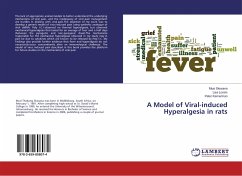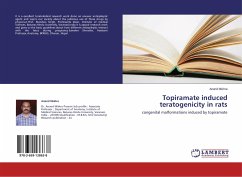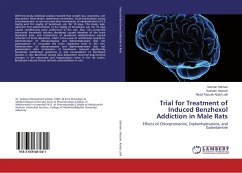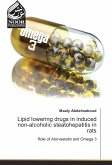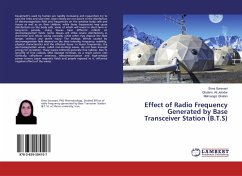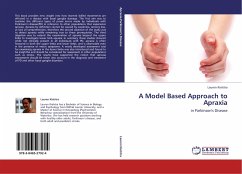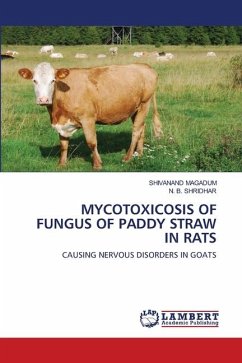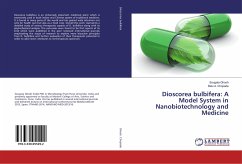The lack of appropriate animal models to better understand the underlying mechanisms of viral pain, and the inadequacy of viral pain management are hurdles in dealing with viral pain.The objective of my work was to develop a generic model of virus induced pain using synthetic analogue of viral dsRNA, Poly I:C.I observed no thermal hyperalgesia, but observed mechanical hyperalgesia that lasted for an average of four and a half days (between the pyrogenic and non-pyrogenic dose).The mechanisms responsible for the mechanical hyperalgesia observed in my study may in part be due to cytokines which are known to be released by Poly I:C. My findings also provide further evidence that fever and hyperalgesia do not necessarily occur concomitantly after an immunological challenge. The model of virus induced pain described in this book provides the platform for future studies on the mechanisms of viral pain
Bitte wählen Sie Ihr Anliegen aus.
Rechnungen
Retourenschein anfordern
Bestellstatus
Storno

